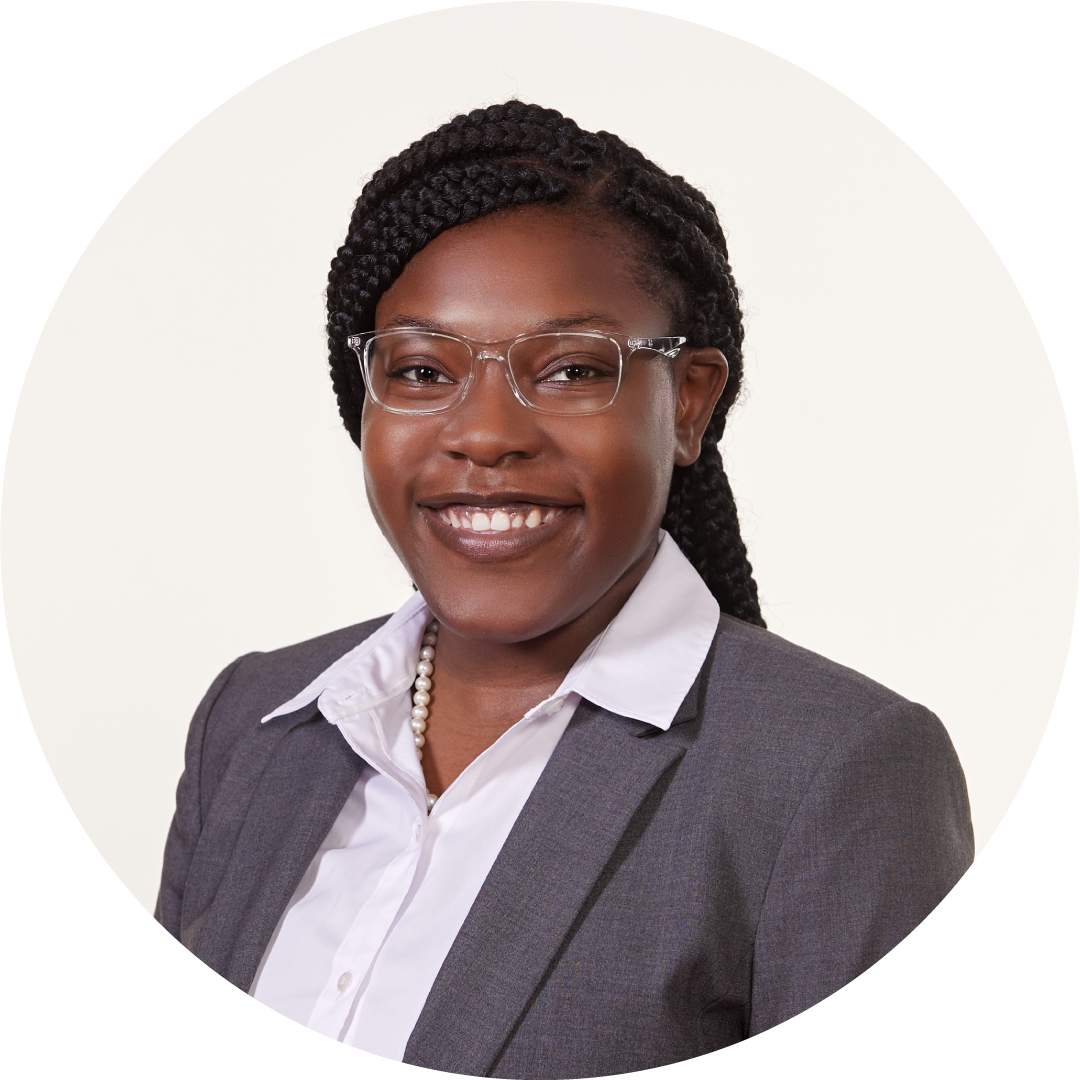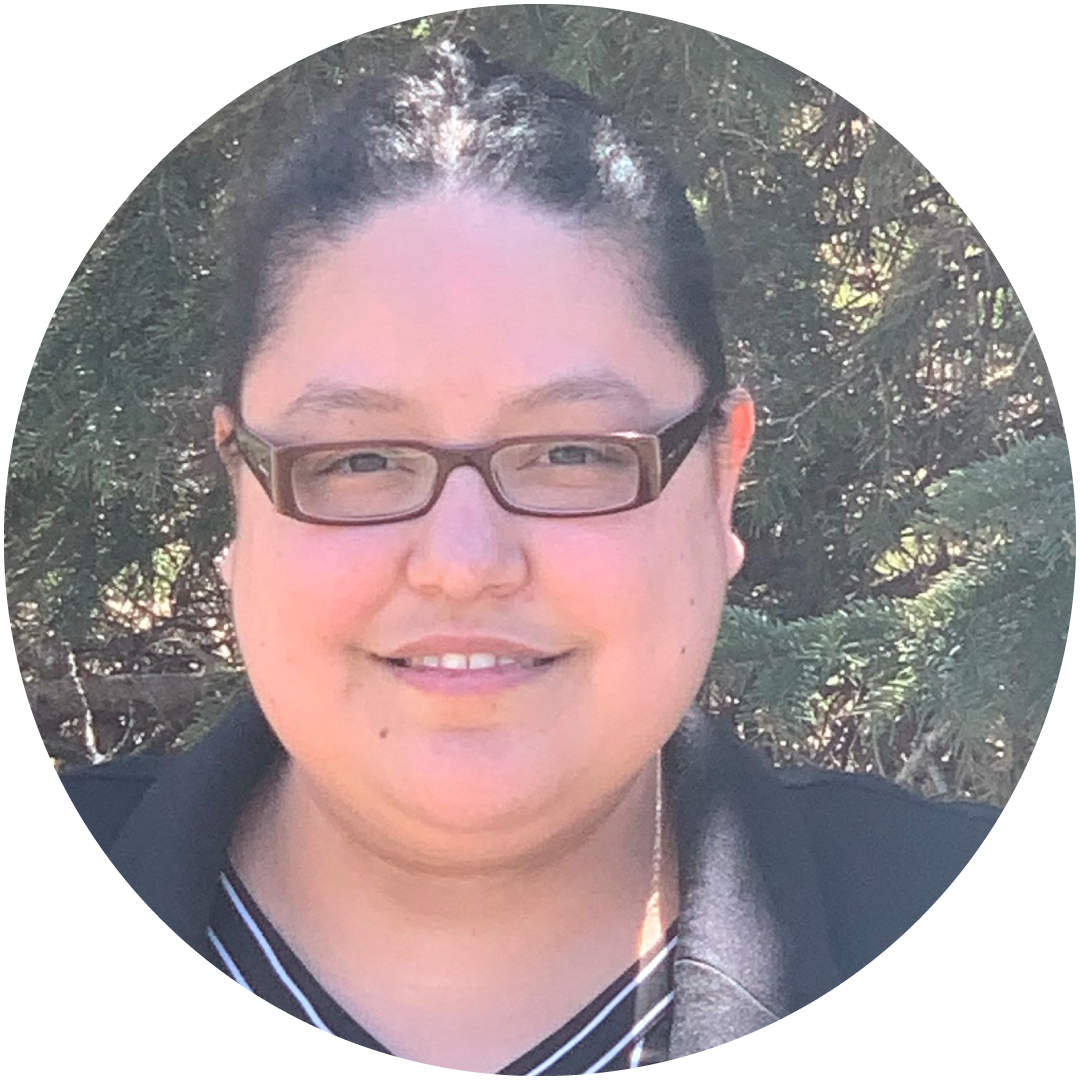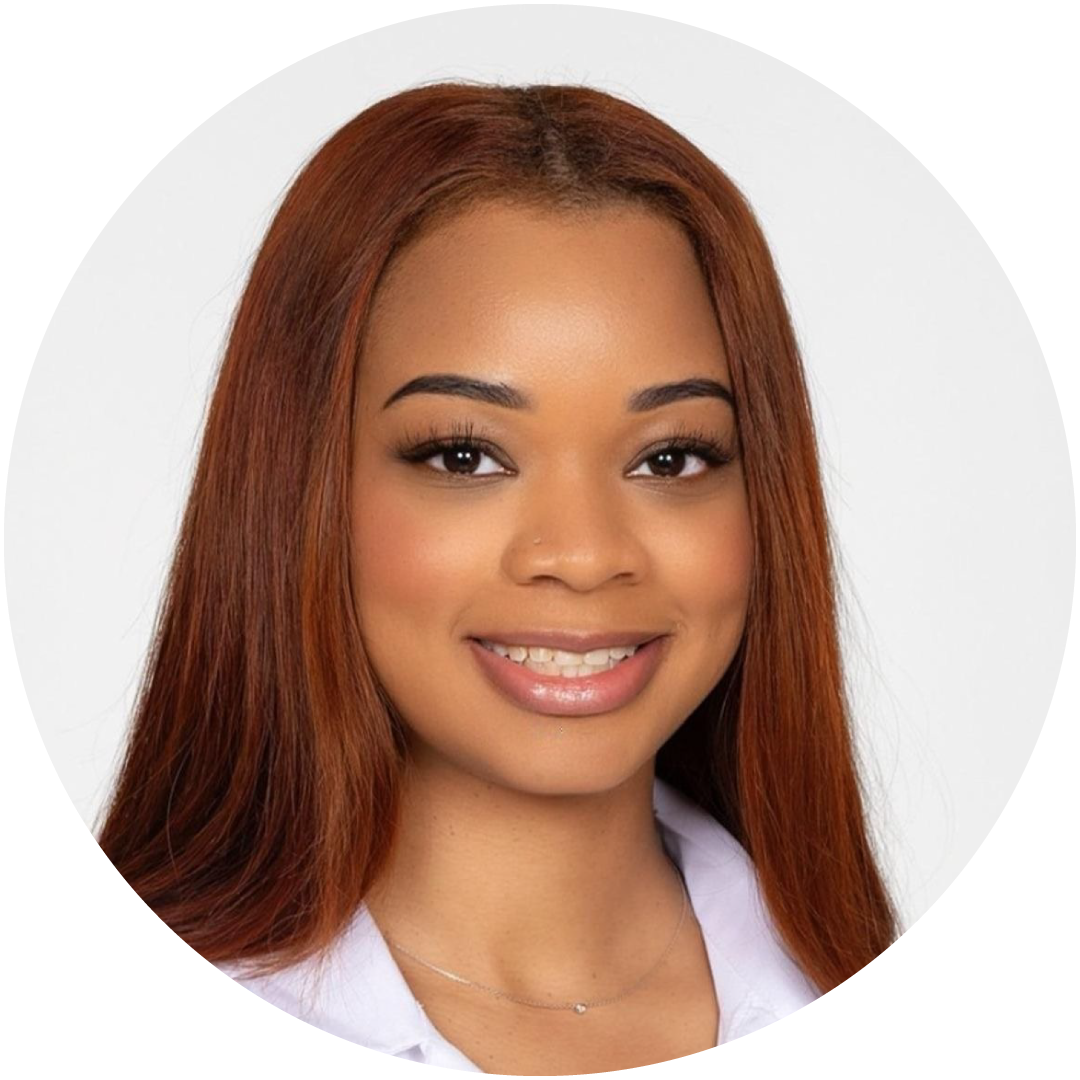The big picture
A diverse and culturally relevant clinical workforce improves health outcomes for populations that experience disparities.
Did you know? The disparity in maternal mortality was 2.6 times higher for Black women compared to that of white women, according to the most recent data in America’s Health Rankings. Furthermore, failure to address culture, language and health literacy can result in patient safety events
Background: The United Health Foundation's Diversity in Health Care Scholarship program provides scholarships to current and future health professionals from diverse backgrounds who want to make a difference in health care and improve their clinical skills and credentials.
By the numbers: Our goal through this program is to support 10,000 current and future clinicians by 2033. Since the program launched, we have provided scholarships to nearly 2,000 health professionals and students from across the United States. These students are studying in fields like medicine, nursing and mental health.
The people who make the difference
Many scholars are focused on supporting their communities by providing culturally responsive care. Jessie's future aspirations fuel that mission. She received a Diversity in Health Care Scholarship in 2024.
Jessie, born and raised in Orlando, Florida, is passionate about health care and improving outcomes. Watching her mother, who came to America from Haiti in 1992, take care of her grandfather who had prostate cancer, inspired her to pursue a career in health care.
“Seeing the work that happens not just at the bedside but at home … I want to be a part of that. To be able to take care of people, not just their diagnosis,” she said.
In her own words
 Jessie attends Lincoln Memorial University’s Caylor School of Nursing in Tampa, Florida, where she is studying to become a registered nurse.
Jessie attends Lincoln Memorial University’s Caylor School of Nursing in Tampa, Florida, where she is studying to become a registered nurse.
Jessie is determined to further her career in health care and is focusing on maternal and infant health, where some of the greatest health disparities exist. Her aspirations include pursuing a Doctor of Nursing Practice degree in midwifery and women's health.
What specialty are you planning to pursue in health care?
Maternal and infant health. That stems from my watching one of my family members experience challenges during delivery and seeing her journey to parenthood firsthand. I witnessed how all these specialties, especially the NICU nurses, come together to provide life-saving care for both the mom and child. I think it piqued my interest in this career. They took care of her. They listened to her.
What’s your motivation?
My motivation is being able to be a helping hand for those who look like me. I want to be able to advocate so that the numbers of maternal deaths begin to decrease.
How important is cultural relevancy in health care and why?
Very important. I want everyone I meet to feel safe with me. I want to talk to you. I want to find common ground. It's all about trust. Patient-health care provider trust is very important.
Five years from now, where do you see yourself?
I hope to be a Doctor of Nursing Practice in midwifery and women's health, so my contribution isn’t just at the bedside, but supporting and teaching nursing professionals to deliver culturally competent care.
How do you want patients to remember you?
I want patients to remember my smile, my kindness and compassion.
What advice would you give others considering applying to become a scholar?
I would encourage them to apply. Never think too small. This scholarship is like having cheerleaders you never met. Apply — because it helps you in so many ways. Share your passion.
Hear more from our scholars

Carissa
Minneapolis, MN
Carissa is a licensed marriage and family therapist seeking a Doctorate in Counseling Psychology.
“I’ve wanted to be a psychologist since I was little, and I’m eager to connect people to mental health support in the neighborhood where I grew up.”

Michella
Cleveland, OH
Michella is a nurse seeking a Post Master’s Family Nurse Practitioner Certificate.
“As a nurse educator, I’ve seen how important it is for clinicians to reflect the communities they serve and how it can enhance the quality of care provided.”
Share This Story